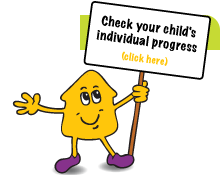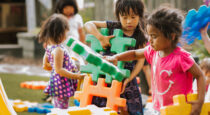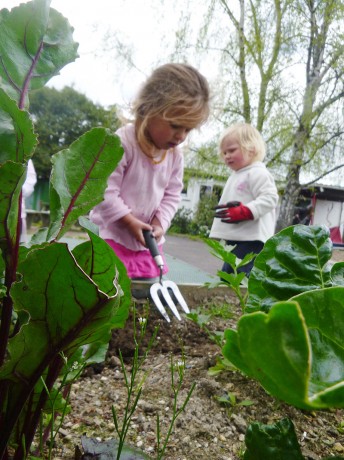Being a helper
Being a helper
Why chores and being a helper is good For children both in the centre and at home
Children are asked to pick up toys, use small brooms to clean up after lunch and art projects, and given rags and buckets of water for scrubbing – this is one example of helping children learn and scaffolding their learning. Children make a contribution, gain a sense of belonging and pride, and want to help!
Getting toddlers to be helpers
Tidying up and other household chores can feel like a futile exercise when there’s a toddler around. Each chore accomplished is quickly undone by messy hands. That is if the parent can focus long enough to finish the task in the first place amid childcare demands.
The truth is toddlers and preschoolers can be a household helper when given age-appropriate tasks. “It builds a sense of identity,” says Anna Runestad, a parent educator with Moorhead’s Early Childhood Family Education programme. “They have a role. Everybody wants to feel needed, to feel like part of something bigger than themselves. ‘If I weren’t here, who would do that?’ ”
Runestad often talks about chores with parents of 3- and 4-year-olds during ECFE classes. But even children under age 2 can get involved.
Julie says “When they’re really, really little and they want to do whatever you’re doing, when they want to be crawling in the dishwasher and go in the laundry room … even though you feel they’re under your feet and in the way, they’re learning the process.”
Wait too long to introduce chores and parents miss out on that natural curiosity, she adds. In our centre, 2-year-olds pick up toys, use small dust pans and brooms to clean up after lunch and art projects, and are sometimes given small buckets of water and rags for scrubbing, says Julie.
“We know they’re just learning their fine motor skills and co-ordination,” Julie says. “They love to clean, and help. There’s not a lot they can’t do at this age. You just have to simplify it. Have it be one instruction at a time.”
At ages 3 and 4, parents can have more expectations for their children, and teach them more complex chores with multiple steps. Parents will still need to offer reminders, and focus on the process instead of the end results.
Think about what chores are priorities for the family, and get the child involved. Don’t make up tasks just to keep the child busy. Be specific when giving chores. Instead of saying “Clean your room,” say “Put your books on the shelf.”







